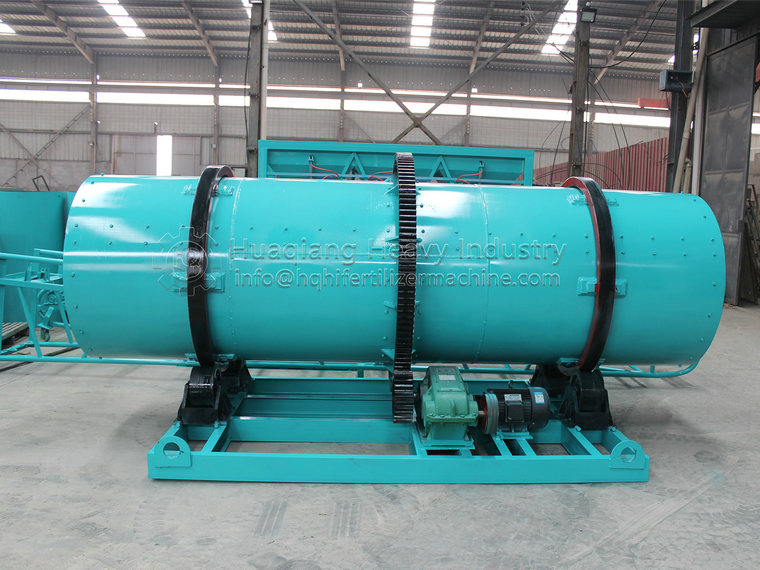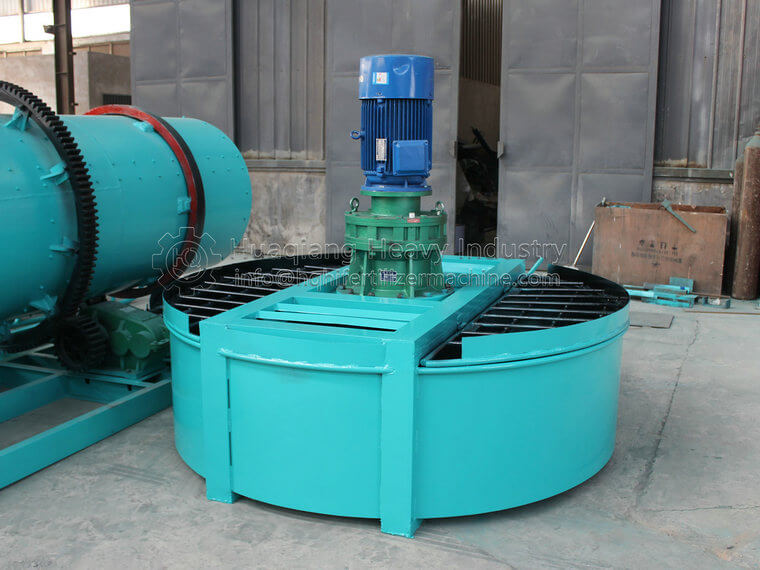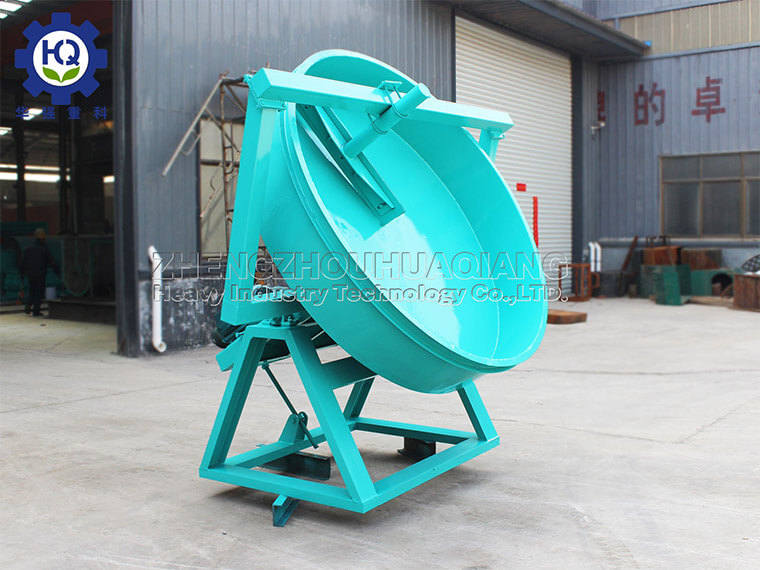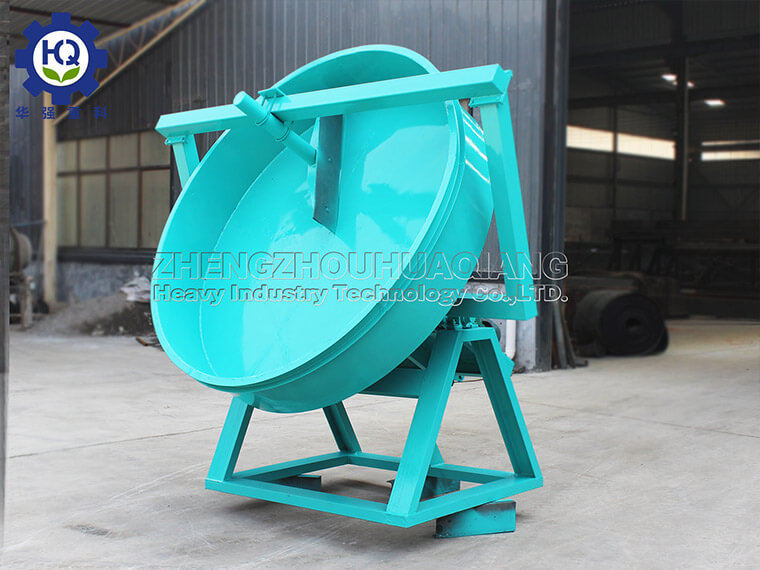Five Benefits of Combining Fertilizer and Fertilizer in Organic Fertilizer Production Line Processing
Today, the use of chemical fertilizers and pesticides has been greatly reduced, and the yield of grain has increased and the quality is much better than before. The fertilization method of “mainly organic fertilizer, supplemented by chemical fertilizer” is the most reasonable fertilization method at present! Common organic fertilizer granulators on the market include: npk fertilizer granulator, rotary drum granulator, disc granulator machine, new organic fertilizer granulator, new two-in-one organic fertilizer granulator, flat die granulator, ring die granulator, all kinds of granulators have their own production characteristics, and the fertilizer granulator machine price vary.

Five benefits of organic fertilizer produced by organic fertilizer granulator with chemical fertilizer
Advantage 1: Chemical fertilizers have high nutrient content and fast fertility, but the duration is short and the nutrition is single. Organic fertilizers are the exact opposite. The mixture of organic fertilizer and chemical fertilizer can make up for each other’s strengths and meet the nutritional needs of crops in each growth period.
Benefit 2: After chemical fertilizers are applied to the soil, some nutrients are absorbed or fixed by the soil, reducing the availability of nutrients. After mixing with organic fertilizer, it can reduce the contact area between chemical fertilizer and soil, reduce the probability of chemical fertilizer being fixed by soil, and improve the availability of nutrients.
Advantage 3: Generally, chemical fertilizers have high solubility and high osmotic pressure on the soil after use, which affects the absorption of nutrients and water by crops and increases the chance of nutrient loss. If it is mixed with organic fertilizer, it can avoid this shortcoming and promote the absorption of nutrients and water by crops.
Benefit 4: Acidic fertilizers are applied to alkaline soils alone. After ammonium is absorbed by plants, the remaining acid radicals combine with hydrogen ions in the soil to produce acid, resulting in increased acidity and soil degradation. If mixed with organic fertilizer, it can enhance the buffering capacity of the soil, effectively adjust the pH value, and prevent the increase of soil acidity.
Benefit 5: Since organic fertilizer is the energy for the life of microorganisms, chemical fertilizers are inorganic nutrients for the growth and development of microorganisms. The mixture of the two can promote the vitality of microorganisms, Thereby promoting the decomposition of organic fertilizer.

.jpg)




.jpg)

